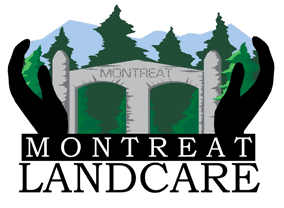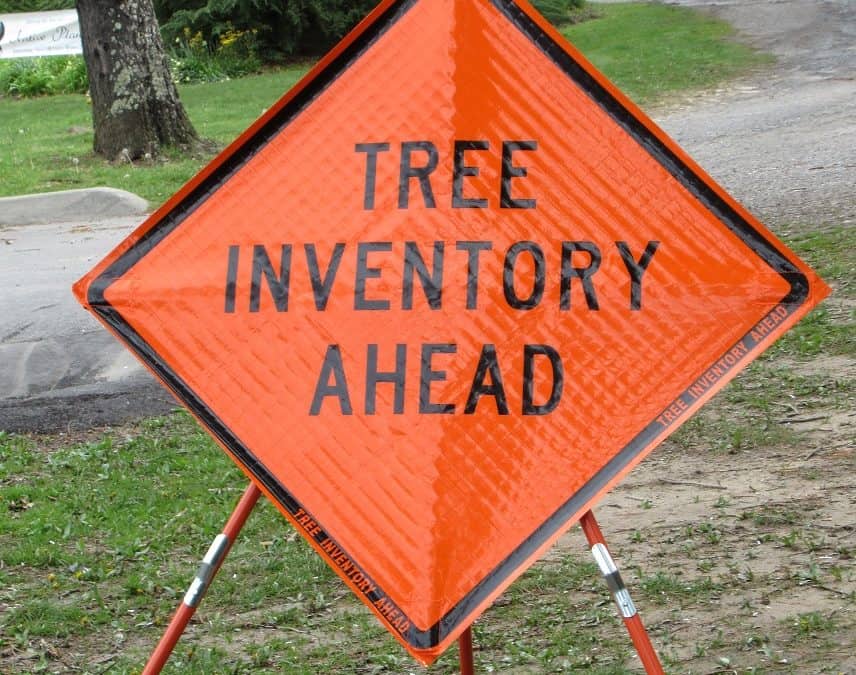When over a dozen citizens volunteer to monitor tree health, and all show up for training on a very cold April morning with snow flurries blowing, it could be considered a good sign of the larger community’s concern for its woodlands. As one of 87 official Tree Cities in North Carolina, Montreat (pop. 797) is the fourth smallest. See http://www.montreatlandcare.org/project/tree-city-usa/.
Yet it offers a case study in how town officials, staff and citizens can join with scientists to monitor and resolve issues concerning the health of community trees. With training by professionals with the North Carolina Forest Service (NCFS), town staff and citizen volunteers have been working to make accurate tree health assessments along selected town rights-of-way. In May the volunteer citizen scientists began surveys along about a mile of 20-foot strips adjacent to Assembly Drive, the town’s main road, using I-pads and cellphones customized with an “ESRI Survey1-2-3” application to record data. Findings are being mapped by a recent graduate of Western Carolina University. This will help town staff with tree pruning and removal. Further, the map will locate at-risk trees that may pose a hazard to the safety of pedestrians, automobiles and buildings close to the town’s rights-of-way. Results will be incorporated by the Montreat Tree Board into an initial tree management plan for public trees. See http://www.townofmontreat.org/TreeBoard.php.
Meanwhile a longer term project to save and restore segments of the community’s large population of Eastern and Carolina Hemlock trees has had success. Science-based best practices in an “Integrated Pest Management” program using chemical and biological controls have proven effective in control of an invasive insect pest, the Hemlock Woolly Adelgid, which has had devastating effects on the regional hemlock forest. Partners include NCFS as well as the regional Hemlock Restoration Initiative, with funding secured from county and state agencies. See http://www.montreatlandcare.org/project/hemlocks/. Other activities in this small mountain community include efforts by faculty of Montreat College to study restoration of chestnut trees; protection of 2,400 acres of wooded hillsides by the Montreat Conference Center, as a conservation easement in conjunction with the Southern Appalachian Highlands Conservancy; and location of a North Carolina Arboretum children’s educational “ecoEXPLORE hotspot” concerning plants, in cooperation with the conference center, town and Montreat Landcare Committee.(Photo A. Vinson.)

